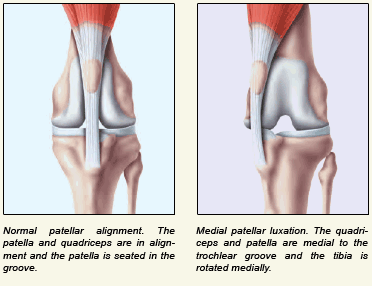Why is Chlorine So Important for Canine Swimming Pools?

Have you ever thought about whether the pool that your dog swims in is pure water or plagued with impurities?
Water Purity in Canine Swimming Pools There are some ways in which the water in your swimming pool can become contaminated. Dogs & humans and environmental primarily cause the contaminants; dogs & humans contaminate water through sweating, oil, saliva, urine, fecal matters and other undesirable materials that carried on their bodies into the pool.
Chlorine to the Rescue It’s crucial that the water in your swimming pool is regularly treated and high levels of hygiene are maintained in the water. To do that, a process called ‘water chlorination’ is done. A chlorine solution is added to the water, which then breaks down into some chemical compounds that mainly include hypochlorous acid (HOCl) and hypochlorite ions.
For maximizing the cleansing potential of chlorine, it is important that the pH of the pool water is neither too high nor too low. The ideal range of swimming pool water (as stated by NEA) is pH 7.2 to 7.8, but 7.4 is the specific ideal value.
What’s so special about chlorine as a decontaminating agent?
Chlorine’s importance is all about some elementary chemical reactions. Chlorine in the form of hypochlorous acid or hypochlorite ions cleanses the water by attacking the lipids in the cell walls of bacteria and other microorganisms. Furthermore, chlorine also attacks structures and enzymes inside bacterial cells, thus making them utterly harmless. Since micro-organisms and germs pose a significant threat to swimming pool water, chlorine does an exceptional job of wiping them out and making the water acceptable for use.
Is Chlorine an Irritating Agent? While chlorine undeniably helps in decontaminating the water, the potential drawbacks of treating pool water with chlorine cannot be ignored. BUT the fact is that it is the COMBINED CHLORINE/ Chloramines that is the reason behind the sharp, distinctive smell that is not particularly appealing to many people, and it can also cause itching of the skin.
Chloramines can also stick to the body if not rinsed immediately after leaving the pool. At unusually high levels, chlorine can kill bacteria effectively, but it may cause breathing problems and be hazardous to dogs & human health. Conversely, in a pool with low chlorine can also lead to skin irritation as the chlorine are insufficient to fight and kill the germs/ bacteria that will be carried on the dog & human’s body. It’s important that a regulated amount of chlorine is added to pool water to ensure that its cleansing potential is maximized without compromising human health. NEA’s guideline for the human pool is 1-3ppm.
However, you should make a point to thank chlorine next time you or your dogs enjoy the swim because that special little substance is working its heart out while you splash around in the pool water.
















